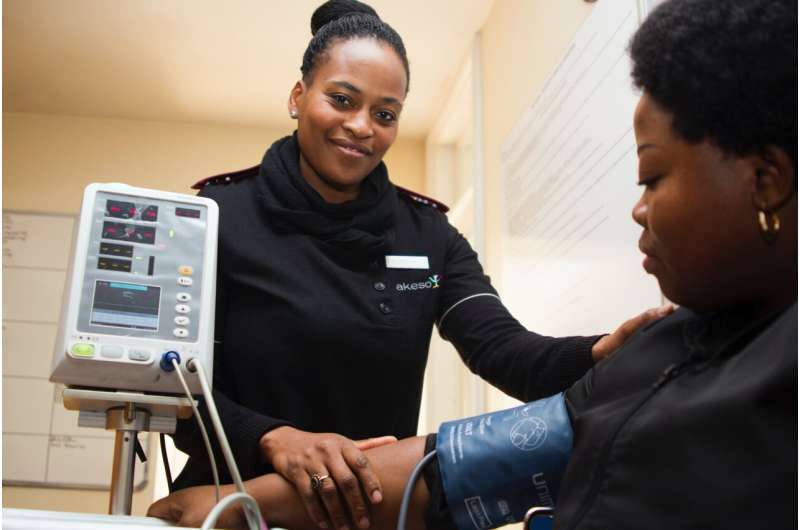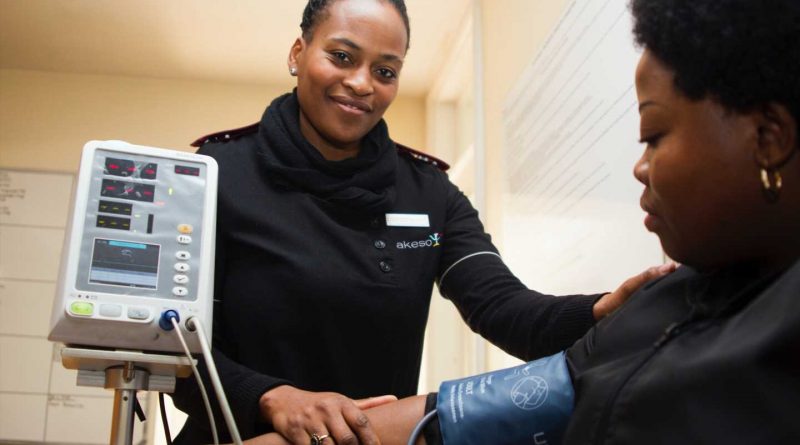Improving care for people with rare neuroendocrine tumors

A revolutionary new way of caring for people with neuroendocrine tumors (NETs) will be trialed in the coming months, with the Flinders University-led project aiming to improve patient quality of life and develop a cost-effective system that can be implemented across other rare cancers in the future.
The trial will establish the effectiveness of a shared-care model, shifting follow-up care for those with NETs away from acute hospital settings and maximizing the involvement of local health professionals, including the patient’s GP.
“Neuroendocrine tumors are rare cancers that affect fewer than 1 in 5,000 Australians, but those who live with them suffer from a lot of distressing symptoms and treatment side effects and the current health system can’t always meet these patient needs,” says Professor Raymond Chan, Director of Flinders University’s Caring Futures Institute, who will lead the trial.
“Furthermore, specialist-only care cannot always sufficiently meet all patient medical needs, and the current system does not allow for the involvement of GPs and allied health professionals.
“What our model will do is to treat people away from specialized cancer centers, in some cases reducing the need to travel, and instead shift the care to a multidisciplinary healthcare team, including the patient’s specialist team, general practitioners, practice nurses, and community allied health practitioners.”
The trial, known as AUS-NET, will involve 504 people currently receiving treatment for NETs at five cancer centers of excellence in South Australia, New South Wales, Victoria, Queensland and Western Australia.
While shared-care models have been implemented previously for more common cancer types including breast cancer, colorectal cancer, prostate cancer, and lymphoma, this will be the first trial to test it on the management of rare cancers, with the care model not currently undertaken anywhere in Australia or around the world.
“Rare cancer historically gets very little advances in their care and treatment, but this focus has shifted in recent years, and we have begun to see a lot more policy, political and media focus on rare cancer,” says Professor Chan.
“With mounting pressure on our acute care and hospital system, beyond the issues we’ve seen during the pandemic, capitalizing on the expertise of primary care is one key strategy for ensuring the sustainability of our health system.
Source: Read Full Article



